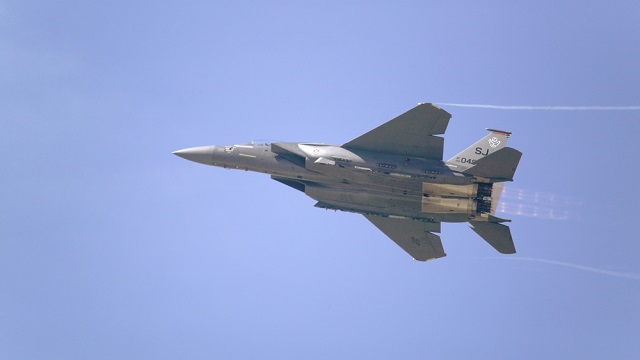Teens: Energy Drink a Day May Not Give You Wings

Editor’s Note: This article was provided by our partner, RealClearScience. The original is here.
Red Bull gives you wings. Everybody knows that!
Within one to two hours after consuming a Red Bull, or other energy drinks like it, that statement certainly seems to ring true. Studies have shown that alertness and cognitive functioning receive a temporary jolt.
But what about habitual use of energy drinks? Well, that’s less studied, especially among adolescents.
Filling the void is a study just published in the journal Frontiers in Psychology. Researchers from VU University in Amsterdam surveyed 509 teenagers with an average age of 13 about their use of caffeine and energy drinks. They also had the teens and their parents separately take an in-depth, often used test to assess any behavioral issues the subjects might have, their cognitive abilities, and their quality of sleep. From the test, the researchers formed two indices: the Behavior Regulation Index (BRI) and the Metacognition Index (MI).
“The BRI represents the ability to shift cognitive set and modulate behavior and emotions, whereas the MI represents the ability to plan, organize, initiate, and hold information in mind for future-oriented problem solving,” the researchers explained.
6% of teens in the study reported consuming more than one energy drink per day. Those who reported consuming energy drinks at that rate scored slightly higher than average on both the BRI and the MI, indicating more problems with metacognitive skills and behavioral regulation. Caffeine use from other drinks was not associated with any behavioral or metacognitive deficits.
Let’s get skeptical. The use of self-reported data was both a plus and a minus. While it grants the study real-world validity, self-reporting is notoriously inaccurate because people aren’t very good at remembering what they eat our drink. Moreover, the researchers weren’t able to directly measure how much caffeine the teens were drinking. The sample size of over 500 could have offset some inaccuracies, but it would have been nice to have it larger for a study like this. And of course, the study was correlational, so no causative links can be confirmed.
“It is possible that young adolescents that tend to consume caffeine and 3 EDs may do so because of their – already – compromised executive functions,” the researchers admit.
The current study isn’t perfect by any means, but it is a decent initial attempt to examine the effects of energy drinks on adolescents’ cognitive function. More research on the matter is certainly warranted. Between 30 and 50% of adolescents and young adults consume energy drinks, and the effects of their habitual use on teens over prolonged periods is essentially unstudied. Remember, caffeine is a psychoactive substance, and since energy drinks are considered dietary supplements, the Food and Drug Administration does not regulate the amount of the drug that can be added to them. Occasionally consuming an energy drink is of no concern, but drinking one or two a day may very well give rise to unintended consequences for a developing brain.
Source: Tamara V. Batenburg-Eddes, Nikki C. Lee, Wouter D. Weeda, Lydia Krabbendam and Mariette Huizinga. “The potential adverse effect of energy drinks on executive functions in early adolescence.” Frontiers in Psychology. doi: 10.3389/fpsyg.2014.00457





